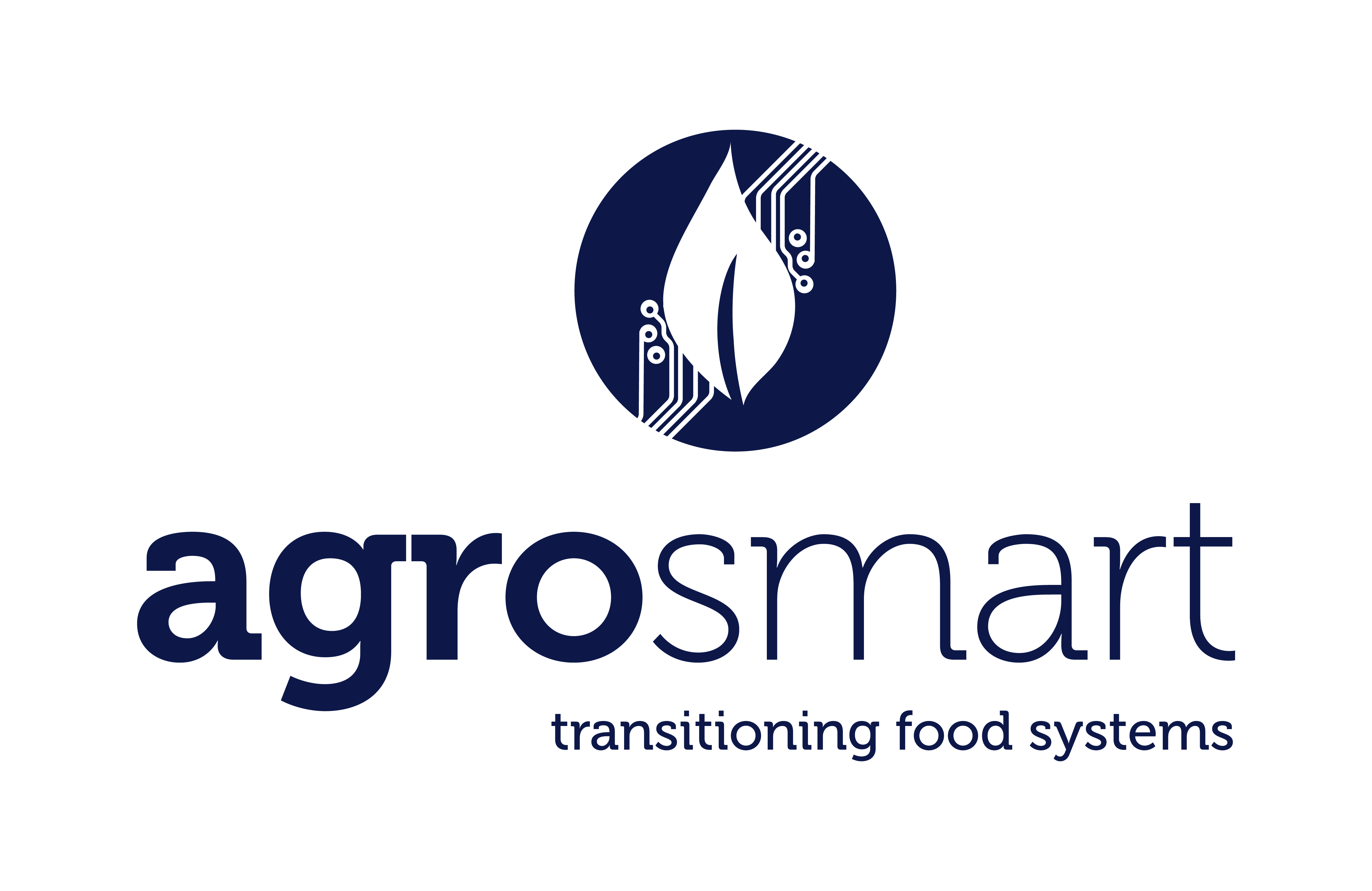

Agrosmart

São Paulo, Brazil
February 2023
Other professional, scientific & tech
Service with Minor Environmental Footprint
Argentina,
Brazil,
Paraguay,
United States
Agrosmart é uma plataforma que coleta e processa dados para gerar insights que apoiam mais de 100 mil produtores na América Latina a tomarem melhores decisões no campo para superar as incertezas do clima e a as mudanças climáticas. As informações compartilhadas pela rede de produtores da Agrosmart permite a geração de insights cada vez melhores que apoiam toda a cadeia de valor a transicionar para uma agricultura mais produtiva, sustentável e resiliente ao clima. Fundada em 2014, a empresa monitora 48 milhões de hectares em 9 países na América Latina. Através de tecnologia e design, a empresa fornece uma plataforma de inteligência climática que conta com soluções de monitoramento das lavouras via sensores, imagens de satélite, caderno de campo digital e outras aplicações que, integradas a diferentes fontes de dados, geram modelos agronômicos e climáticos. Além disso, a Agrosmart também fornece soluções de monitoramento, reporte e verificação de parâmetros ambientais, sociais e de governança para empresas que visam maior transparência, sustentabilidade e previsibilidade em sua cadeia de suprimentos, bem como o alinhamento frente às práticas ESG. A empresa participou de programas referência em tecnologia como o Singularity University, Google Launchpad, Technology Pioneers e fomos
Overall B Impact Score
Governance 21.9
Governance evaluates a company's overall mission, engagement around its social/environmental impact, ethics, and transparency. This section also evaluates the ability of a company to protect their mission and formally consider stakeholders in decision making through their corporate structure (e.g. benefit corporation) or corporate governing documents.
What is this? A company with an Impact Business Model is intentionally designed to create a specific positive outcome for one of its stakeholders - such as workers, community, environment, or customers.
Workers 31.5
Workers evaluates a company’s contributions to its employees’ financial security, health & safety, wellness, career development, and engagement & satisfaction. In addition, this section recognizes business models designed to benefit workers, such as companies that are at least 40% owned by non-executive employees and those that have workforce development programs to support individuals with barriers to employment.
Community 11.9
Community evaluates a company’s engagement with and impact on the communities in which it operates, hires from, and sources from. Topics include diversity, equity & inclusion, economic impact, civic engagement, charitable giving, and supply chain management. In addition, this section recognizes business models that are designed to address specific community-oriented problems, such as poverty alleviation through fair trade sourcing or distribution via microenterprises, producer cooperative models, locally focused economic development, and formal charitable giving commitments.
Environment 20.7
Environment evaluates a company’s overall environmental management practices as well as its impact on the air, climate, water, land, and biodiversity. This includes the direct impact of a company’s operations and, when applicable its supply chain and distribution channels. This section also recognizes companies with environmentally innovative production processes and those that sell products or services that have a positive environmental impact. Some examples might include products and services that create renewable energy, reduce consumption or waste, conserve land or wildlife, provide less toxic alternatives to the market, or educate people about environmental problems.
What is this? A company with an Impact Business Model is intentionally designed to create a specific positive outcome for one of its stakeholders - such as workers, community, environment, or customers.
Customers 16.0
Customers evaluates a company’s stewardship of its customers through the quality of its products and services, ethical marketing, data privacy and security, and feedback channels. In addition, this section recognizes products or services that are designed to address a particular social problem for or through its customers, such as health or educational products, arts & media products, serving underserved customers/clients, and services that improve the social impact of other businesses or organizations.
What is this? A company with an Impact Business Model is intentionally designed to create a specific positive outcome for one of its stakeholders - such as workers, community, environment, or customers.